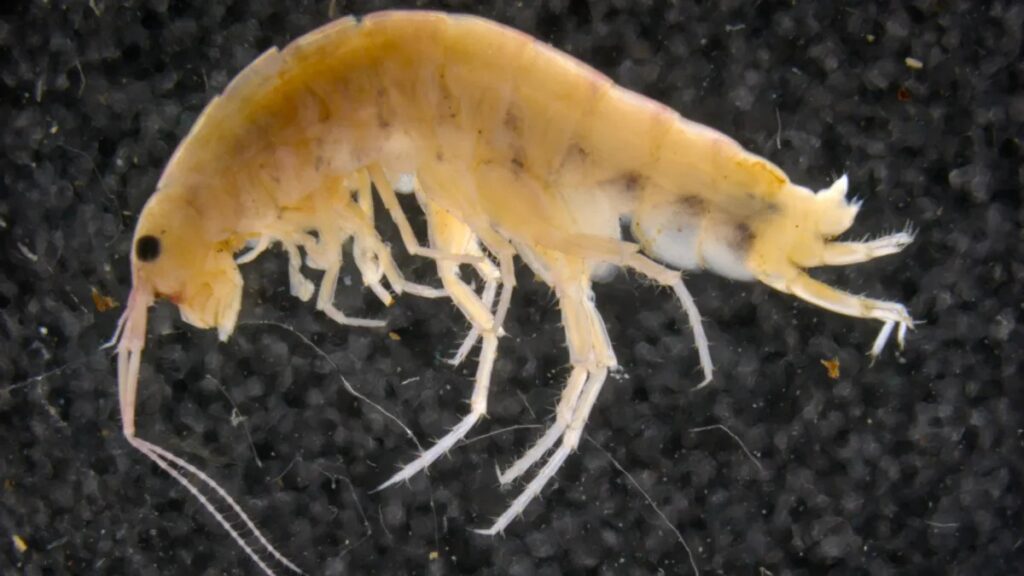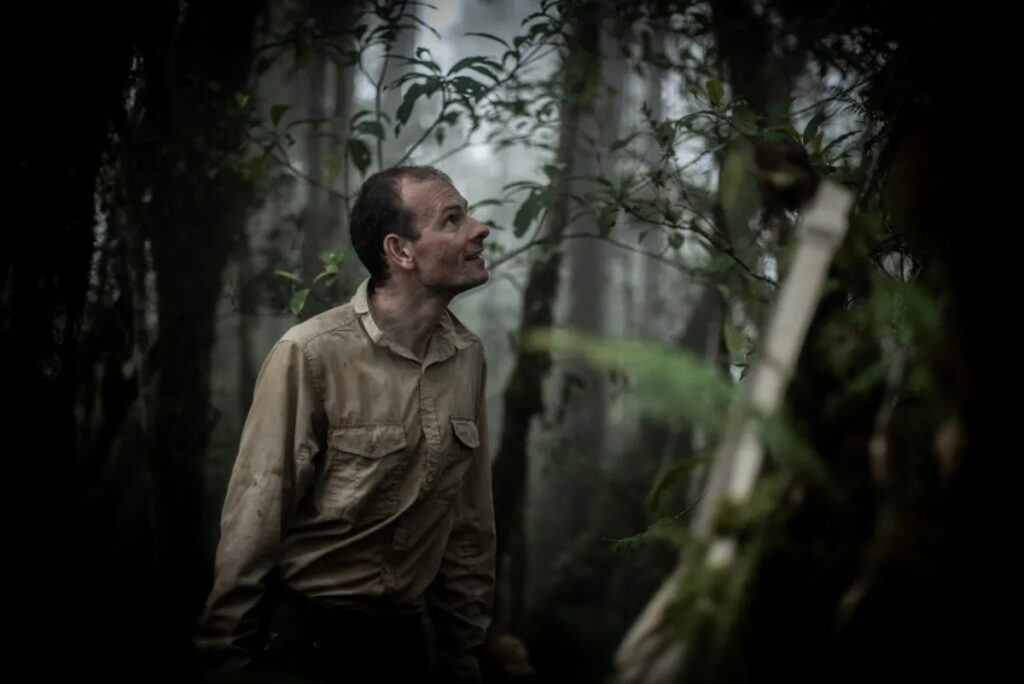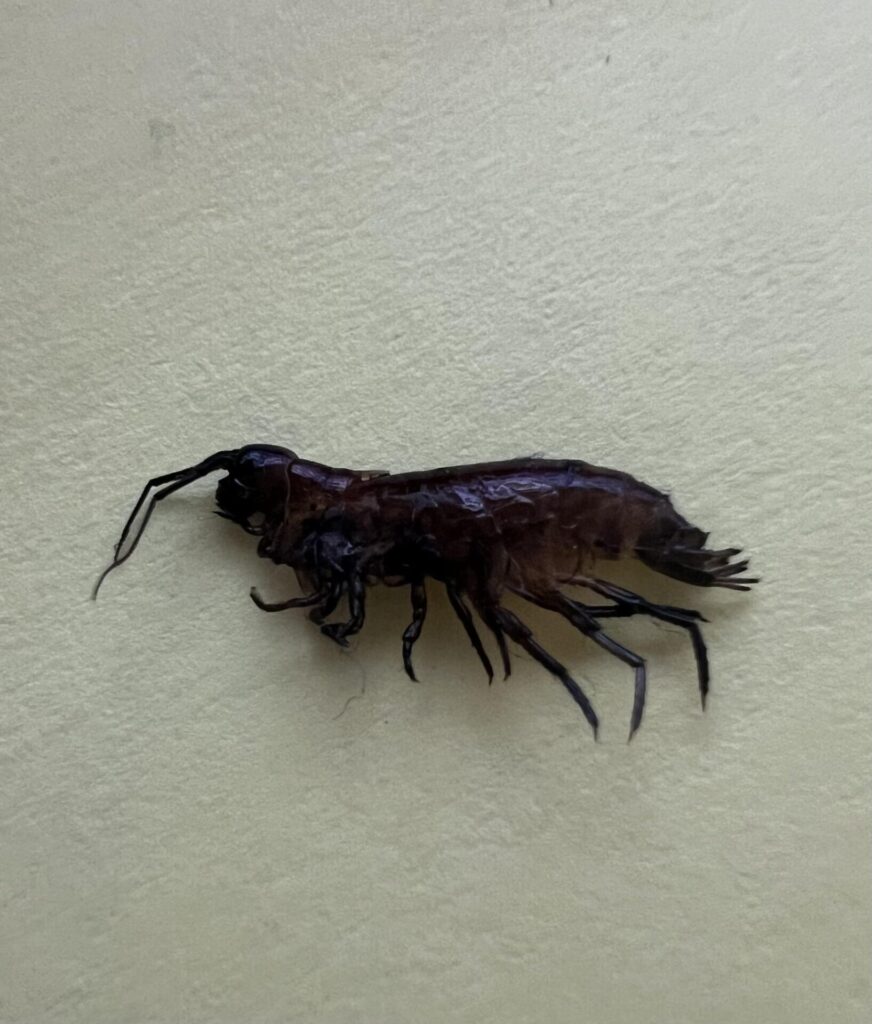
In a groundbreaking expedition to the Cyclops Mountains in Papua, Indonesia, scientists stumbled upon not just one, but two astonishing discoveries that are rewriting the biological narrative. While the world marveled at the rediscovery of Attenborough’s long-beaked echidna, thought to be extinct since the 1960s, another, more obscure finding took place—a new genus of ground- and tree-dwelling shrimp.
Led by Dr. James Kempton of Oxford University, the 2023 expedition not only brought to light a species long presumed extinct but also uncovered a completely new habitat for shrimp, which are traditionally water-dwelling crustaceans. The revelation was a surprise for the scientists, adding an unexpected twist to their perilous journey.

Image courtesy of James Kempton, Expedition Cyclops 2023
The star of the show, Attenborough’s long-beaked echidna, made a dramatic appearance on camera traps set up in the Cyclops Mountains. Dr. Kempton shared the exhilarating moment, stating, “I’m not joking when I say it came down to the very last SD card that we looked at, from the very last camera that we collected, on the very last day of our expedition.”
Amid the buzz surrounding this remarkable rediscovery, the lesser-known revelation of a new genus of shrimp tends to fade into the background. Dr. Leonidas-Romanos Davranoglou, lead entomologist for the expedition, highlighted the significance of this discovery, stating, “We were quite shocked to discover this shrimp in the heart of the forest because it is a remarkable departure from the typical seaside habitat for these animals.”

Image credit: Expedition Cyclops
Typically, shrimp breathe using gills to extract oxygen from water and are adapted to marine or freshwater environments. However, this newfound genus challenges the norm by thriving in a terrestrial environment, high up in the Cyclops Mountains. The scientists speculate that the high level of rainfall in the region creates optimal humidity, enabling these crustaceans to exist entirely on land.
Adaptations in breathing mechanisms, possibly influenced by the abundance of rainfall and humidity, may explain how this new genus has evolved to live without being fully submerged in water. This unexpected find underscores the resilience and adaptability of life in the most unexpected places.


The Cyclops Mountains expedition was not without its challenges, exposing the team to life-threatening situations, earthquakes, venomous snakes, spiders, illness, and injuries. Dr. Davranoglou himself experienced a broken arm, while others dealt with malaria and encounters with leeches. Despite the perils, the team expressed an enduring affection for the Cyclops landscape, describing it as both enchanting and dangerous, akin to a scene from a Tolkien book.
In the face of adversity, the camaraderie among expedition members flourished, creating an atmosphere where stories were exchanged around the evening fire, accompanied by the ambient sounds of frogs. The discoveries made in the Cyclops Mountains exemplify the untold wonders that await in the world’s unexplored corners, reminding us of the importance of preserving these ecosystems for future generations of researchers and nature enthusiasts alike.

Leave a Reply